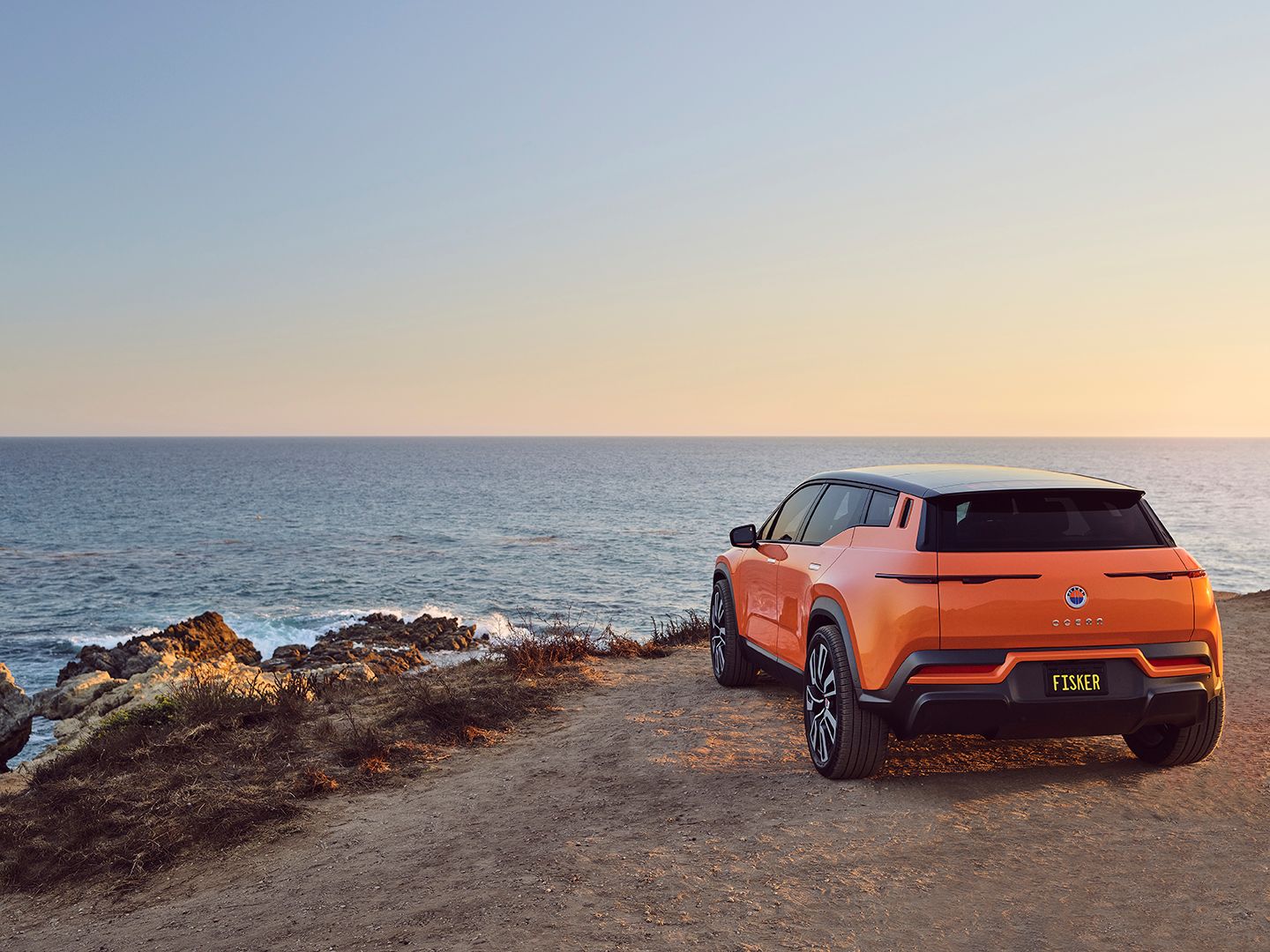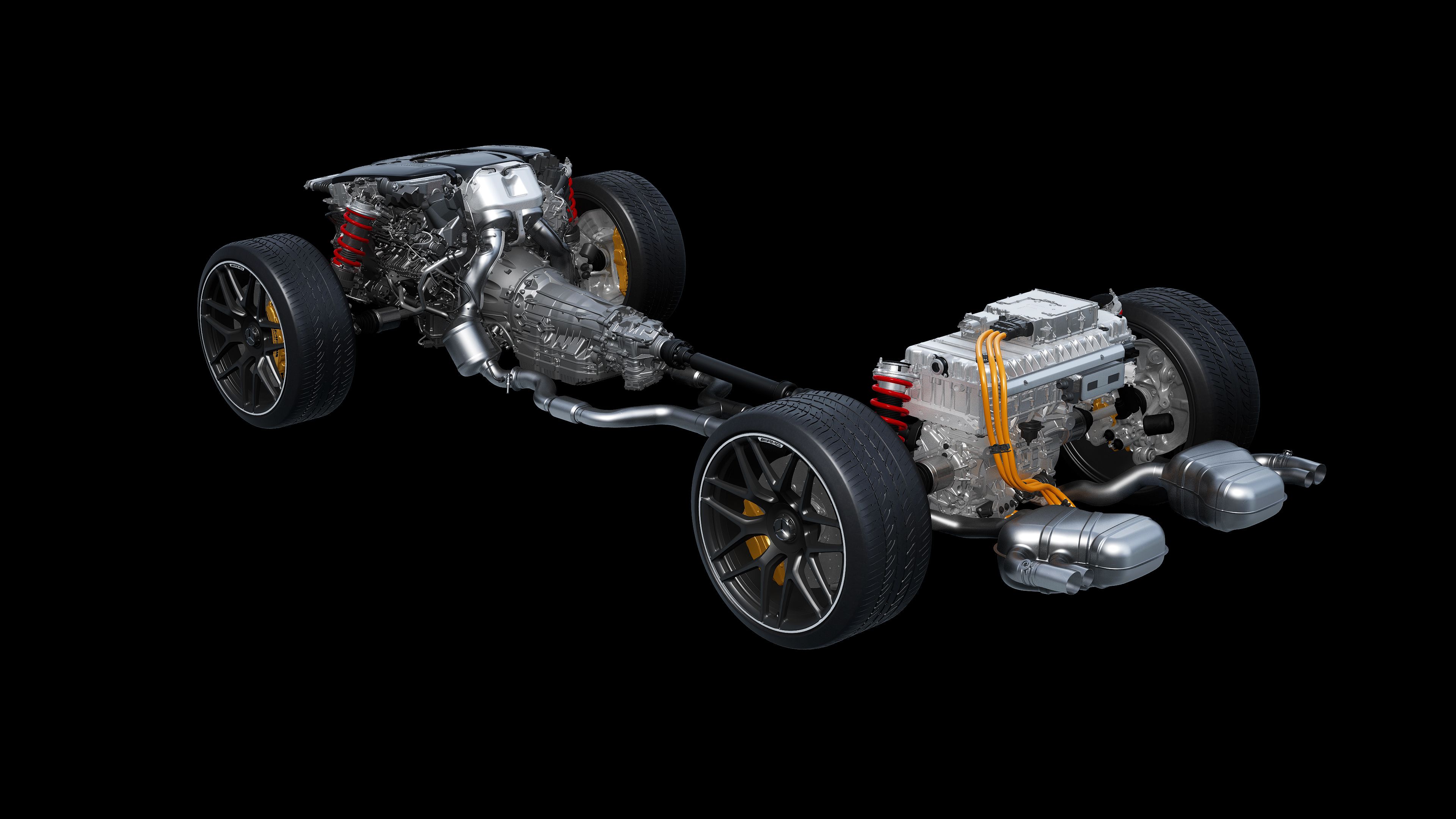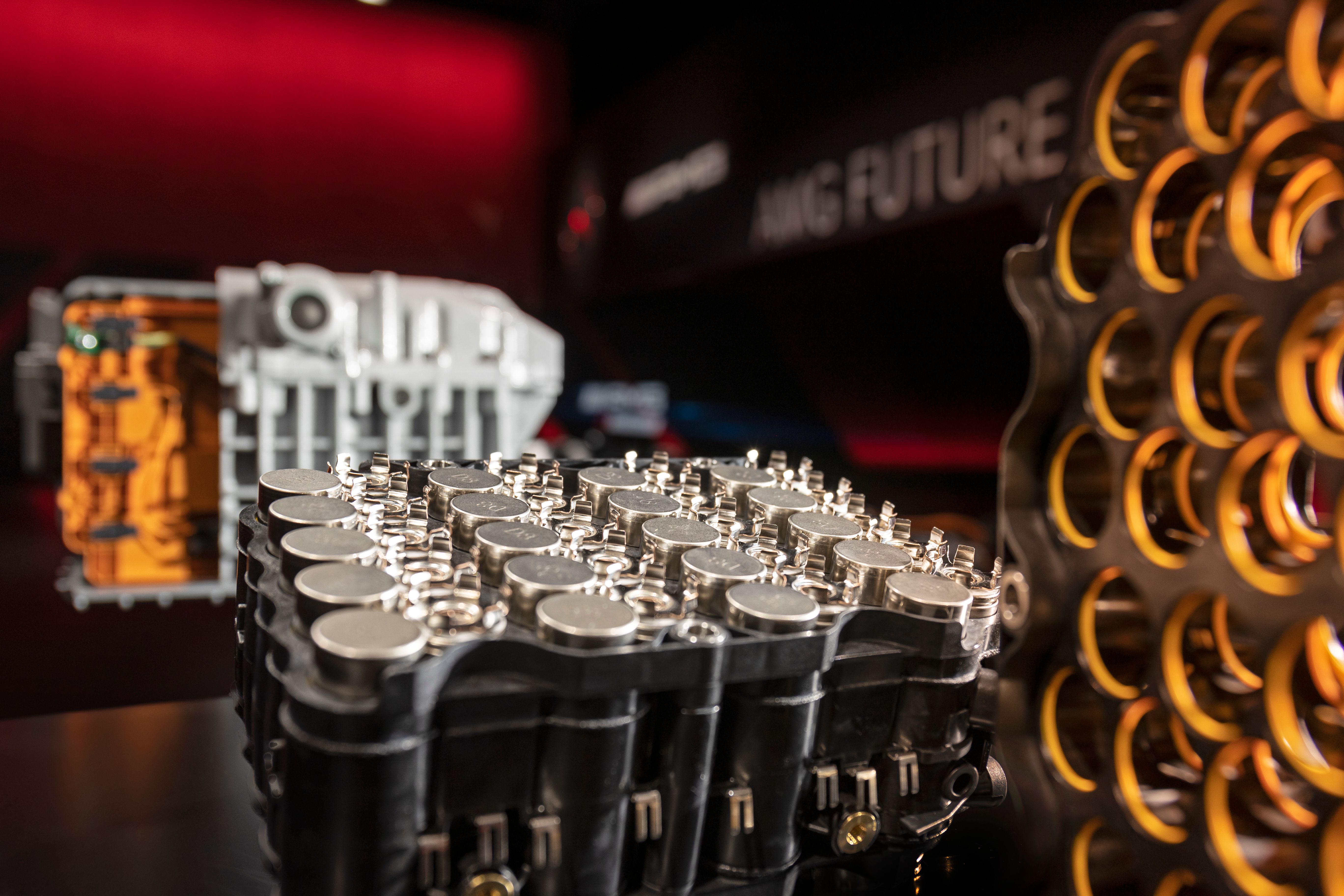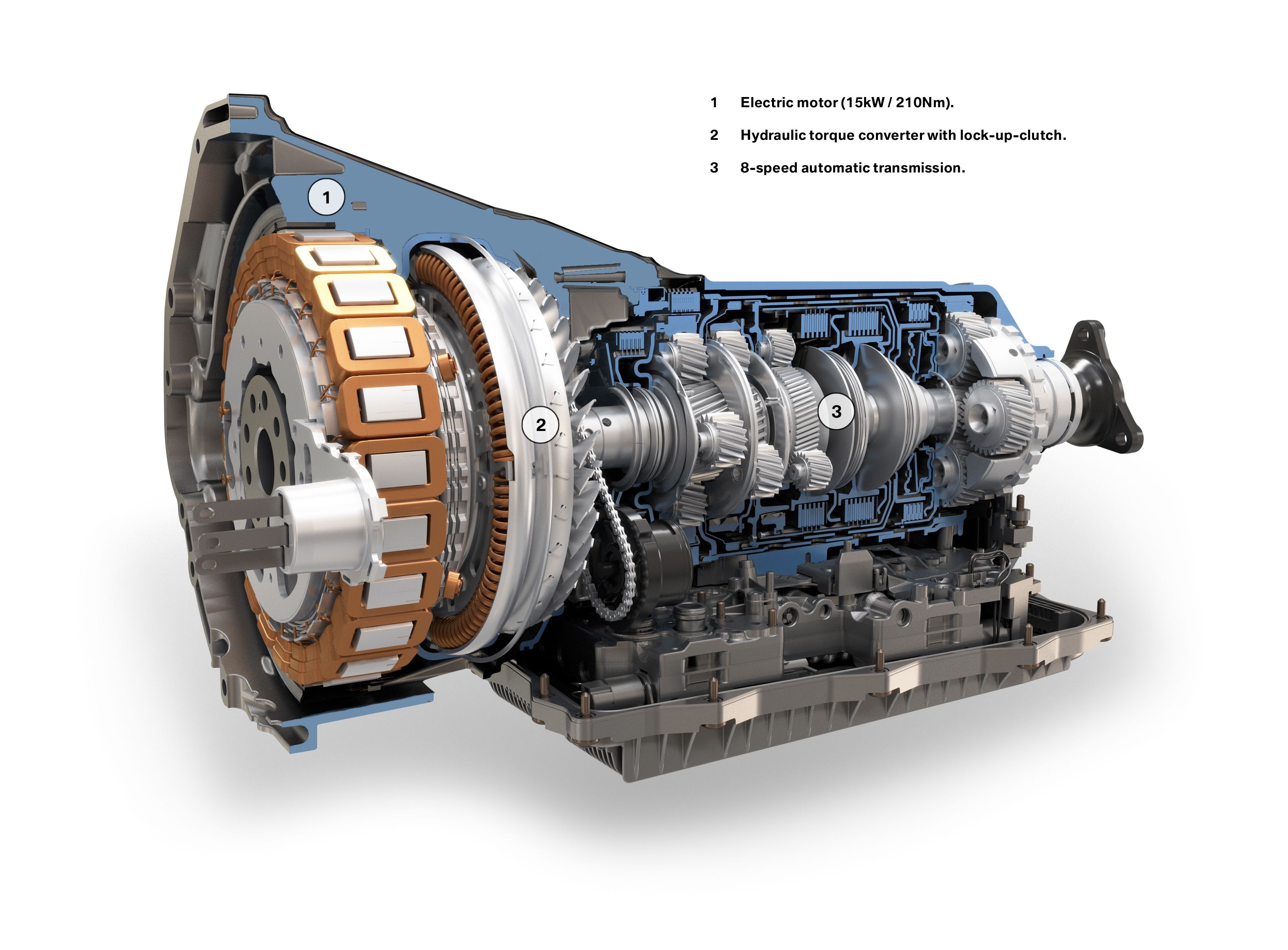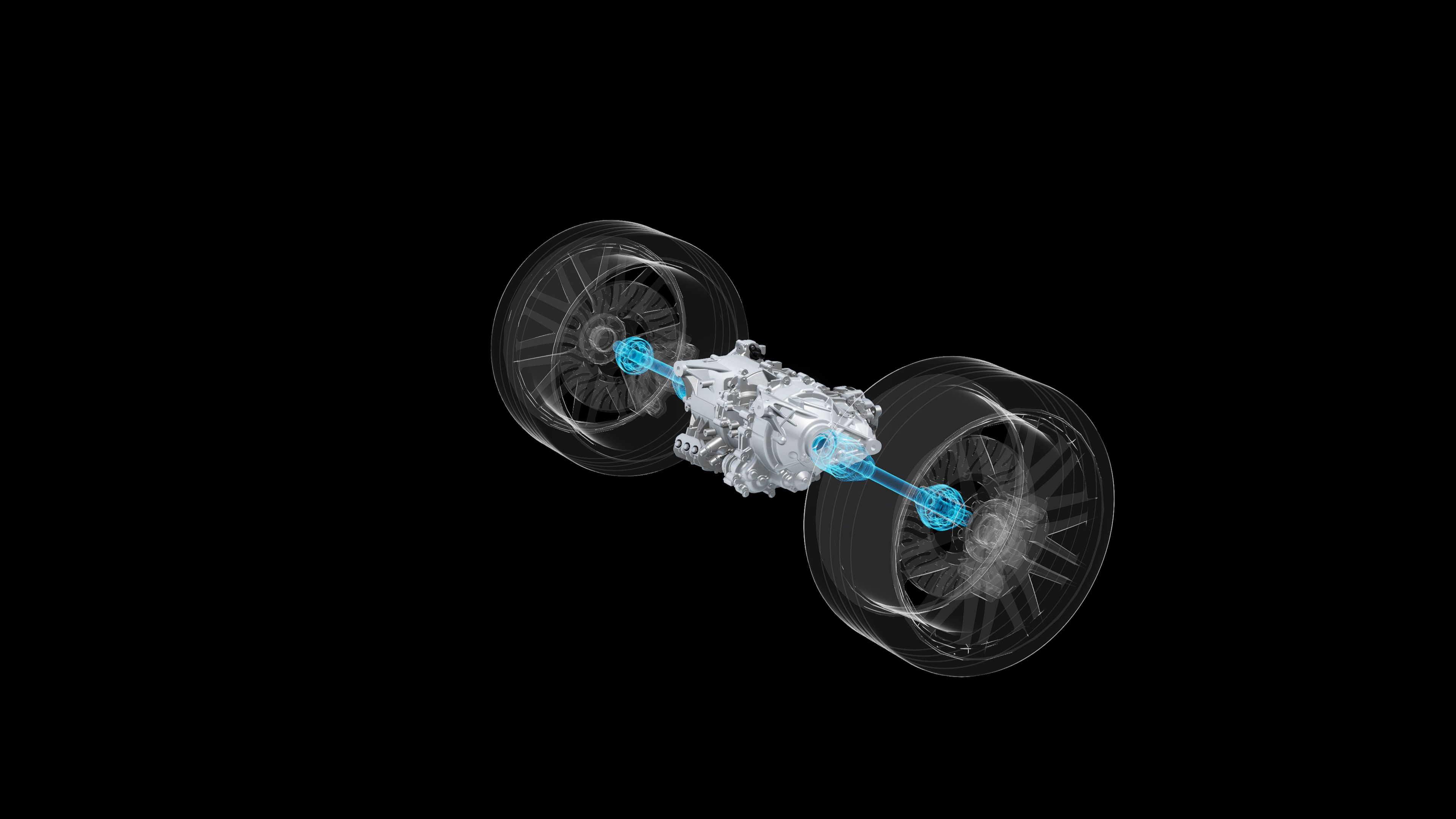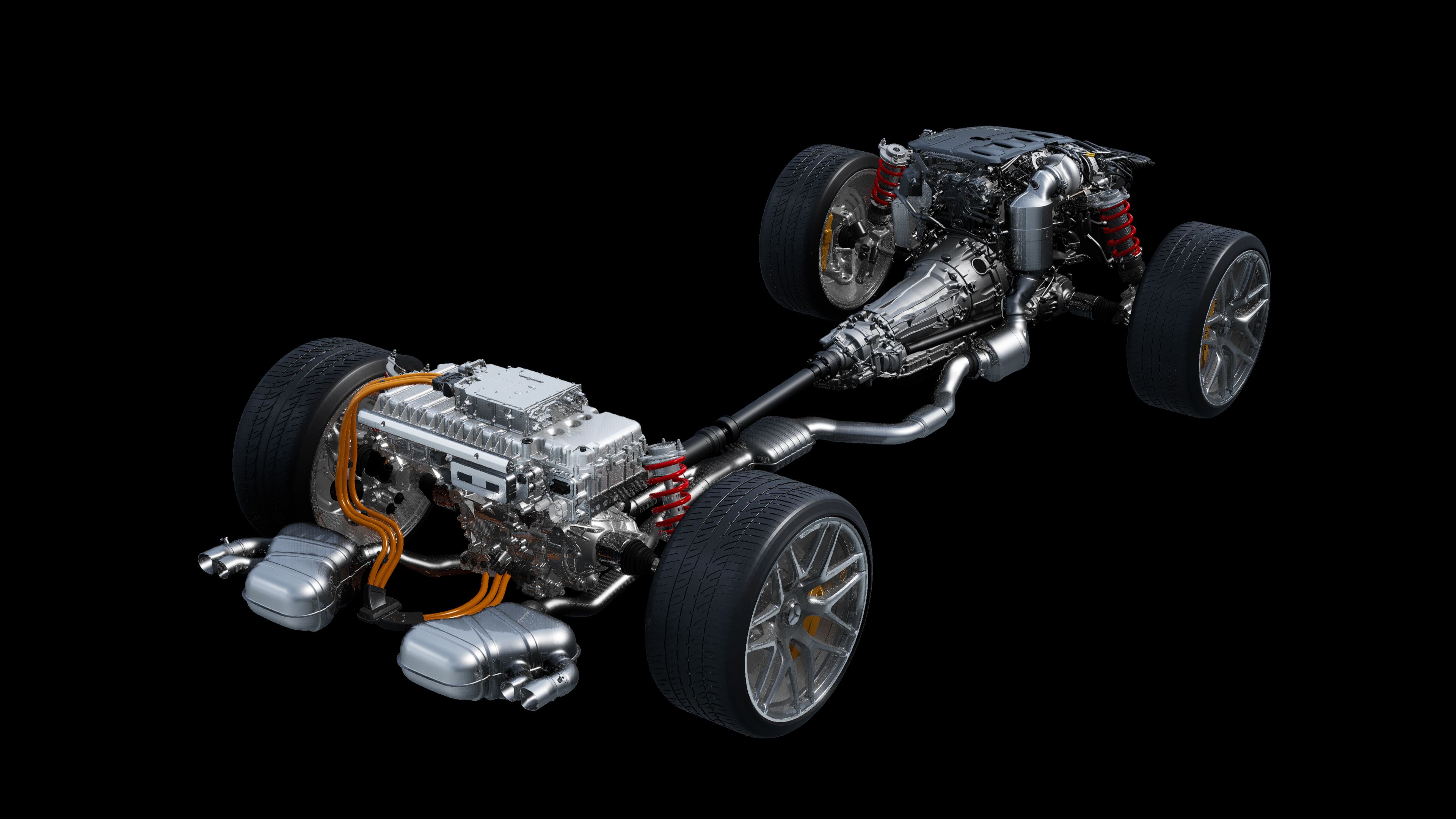The world has never been the same since the invention of lithium-ion batteries and their widespread use since the early 90s. The importance of its role in our daily lives can't be understated. It powers everything from our smartphones and electronics to its more recent use in electric cars and grid-scale energy storage.
Regardless of their applications, current lithium-ion batteries have some drawbacks. It contains a liquid electrolyte solution, and if it is not managed correctly or damaged in an accident, they tend to bloat due to temperature fluctuations. They can even leak due to mechanical stress and electrolytic decomposition at higher voltages. And hence, this increases the chances and risk of a fire.
When it comes to their application in Electric Vehicles or EVs, lithium-ion batteries currently have a capacity of approximately 300 miles or fewer. } The size and energy density of these batteries is also a drawback. Coupled with a considerable charging time and capacity degradation over time with each charging cycle, and you have some serious setbacks for widespread EV adoption. The battery degradation can sometimes equate to a third of the capacity eliminated over a decade.
The top factors consumers feel automakers must address for electric vehicles to take off are battery life, range, and safety. These are some of the statistics of a new poll conducted by the Harris Poll and Factorial Energy. According to the survey, 48 percent of Americans are interested in having an electric vehicle now, up from 37 percent back in April. That is a big jump in consumer sentiment.
Importantly, customers believe that improved battery life and range - 88%, increased charging stations - 86% and stricter safety standards - 86% are the most critical elements that automakers must address for electric vehicles to succeed. Furthermore, most consumers, 51%, say they would be more likely to buy an electric car if it had solid-state battery technology.
Why Is Solid State Battery Technology So Important?
This is because, according to the researchers, this new battery technology has three times the energy storage capacity of lithium-ion batteries. Unlike traditional lithium-ion batteries, Solid-state batteries have - you guessed it right - a solid electrolyte. These solid electrolyte batteries also claim to be significantly cheaper and boost performance while maintaining exceptional safety.
With a compact size, more of these batteries can be fitted into an EV for up to three times the range on electric cars sold today, or you can have a smaller battery pack that charges faster. They could also have a considerably longer shelf life, improving the battery pack's recyclability.
One of the most significant advantages of solid electrolytes is their ability to employ alternative anode materials, such as lithium metal. A lithium-metal anode battery's considerable increase in energy density.
These batteries can also run on a broader temperature range, making them more resilient and eco-friendly than traditional batteries. There has been a lot of talk and developments about solid-state batteries recently. Factorial Energy is one such company that is pursuing a manufacturing-first strategy to solid-state batteries to lower production costs.
Factorial Energy, a growing start-up based in Woburn, Massachusetts, in the U.S., is creating solid-state battery technology and crucially addresses the problems that existing batteries encounter, which are energy density, safety, range, and cost. The company's Factorial Electrolyte System Technology or FEST is a patented solid electrolyte material that allows high-voltage and high-energy-density electrodes to work safely and reliably.
FEST is safer than traditional lithium-ion technology because it uses a solid-state electrolyte instead of a flammable liquid electrolyte to prevent lithium dendrite formation on lithium-metal anodes. Dendrites are basically stalactite formations that are generated from the surface of the cell’s anode. FEST-based battery solutions increase driving range by 20% to 50% without reducing the pack's lifespan, and they outperform current EV battery performance requirements such as energy density, cycle life, and safety.
Factorial's batteries are also one-of-a-kind in that they meet the widest variety of automaker performance standards while also providing greater energy density, safety, and scalability. One of the most significant benefits of Factorials technology, according to Huang, is that it can be integrated easily into the current manufacturing facilities that make lithium-ion batteries.
Factorial Energy is backed by some influential names in the Auto Industry, like former Panasonic Head of North America Joe Taylor. He was responsible for Panasonics’ investment at the Tesla’s Reno Giga Factory in Nevada.
Dieter Zetsche, the former Chairman of the Board of Management at Daimler AG and Head of Mercedes-Benz, will also join the firm's advisory panel. Mark Fields, who is the former Ford Motor Company President and CEO as well as Harry Wilson, former Senior Advisor from the Obama Administration's Presidential Task Force on the Automotive Industry, are among the company’s key investors.
Although the COVID-19 Pandemic has had a substantial economic impact, the solid-state battery business is predicted to expand to more than $6 billion by 2030.

